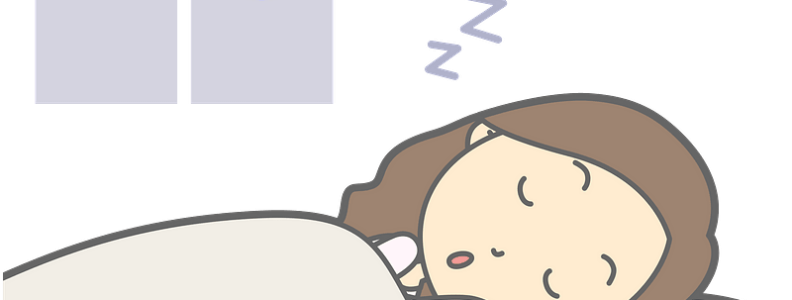
Your body’s circadian rhythm is vital for good sleep. Most of us know how quickly sleep deprivation can ruin your health. However, we may not be quite so aware that sleep deprivation has the potential effect on other areas of our health.
Researchers now believe that we have many different internal body clocks that regulate and control various body functions. You definitely want to ensure that your body’s circadian rhythms aren’t out of whack for very long. Here are just a few of the roles your circadian rhythm plays for your wellbeing and what can happen if you disrupt your body’s natural rhythms too much.
The effects on energy
The dreaded afternoon energy slump is partly due to your body clock. Your body’s circadian wave starts to dip after midday, which can make you tired and lethargic from early to mid-afternoon. – even more so if your body clock is disrupted.
The effects on mood
Sleep disorders can be a symptom of mood disorders. Many people with depression sleep a lot. For example, the level of neurotransmitters such as serotonin goes up and down according to the light-dark cycle. And so, the number of daylight hours is very significant to mood. Seasonal Affective Disorder (SAD) is an obvious indication of this research.
It has shown that mice bred to have serotonin functioning issues also had disruptions to their circadian rhythms. This can be significant as researchers have found that these types of disturbances can even predict mild cognitive impairment. Researchers at the University of Glasgow have also found a link between circadian disruptions and bipolar disorder.
The effects on appetite
Disrupting your body clock can have big effects on your appetite and by default, your waistline too. Disrupting your circadian rhythm makes you more likely to overeat and crave unhealthy snacks. Your levels of ghrelin increase, which brings cravings for sweets and carb-heavy foods in particular.
At the same time, levels of leptin can also go down. This is bad news as our bodies rely on leptin to send signals to say that we’re full. The combination means that you’re more likely to overeat the wrong types of foods.
If you find yourself constantly fighting the urge to snack on these kinds of foods, it could be due to your circadian rhythm. Mice who were bred to have a disrupted body clock had big problems controlling their appetite. They snacked a lot, and in many cases, they also ate during the night. On the other hand, mice whose body clocks hadn’t been disrupted only ate twice per day.
These findings suggest that the timing of when you eat can be just as crucial as the foods you eat, especially if your body clock isn’t in sync. And just to make things that little bit more counterproductive, your body also finds it harder to burn calories when you’re not getting enough sleep at the right times. Those extra calories you’re taking in are pretty much destined to be stored as fat, especially if you’re not doing much exercise.
The effects on immunity
Do you get sick a lot? Not getting enough sleep can make this more likely to happen, and researchers are trying to work out why. Studies on mice have found that their body clock has an effect on their immunity. In particular, the research found that a protein linked to detecting infections increased and decreased throughout the day.
Furthermore, the same levels of this protein determined how the mice reacted to conditions and whether vaccination would be effective. It’s not yet known whether the same is true for humans. But it’s led researchers to question whether you may be more likely to get sick at certain times of the day and whether vaccinations may have more impact if they’re given at particular times.
The effects on blood pressure
Ever wondered why heart attacks and strokes are more likely to happen in the early morning? Your natural body clock has a lot to do with it as it’s responsible for regulating your blood pressure. This opens the door to the possibility of matching blood pressure medications to times of the day so that they effectively “reset” circadian rhythms.
A potential game-changer for people with high blood pressure! When your body clock is disrupted, there can be physical effects too. For example, your heart rate and blood pressure can go up – at times when this wouldn’t happen naturally.
The effects on hormones
Your circadian rhythm affects your production of crucial hormones, including melatonin and cortisol. For example, your body’s melatonin levels naturally rise in preparation for sleep and fall again in the morning.
Cortisol is another hormone that can easily be disrupted by changes to your body clock. Levels of this stress hormone are raised when you are awake outside of your natural sleep cycle and, this is a big problem for shift workers. Over time, it can affect immunity, metabolism and, other functions.
As you can see, it’s super important to stick to your body’s natural circadian rhythm as much as possible. You’ll sleep better, and most other aspects of your health and wellbeing will benefit too. Your body clock can be disrupted by internal and external factors, but there’s a lot that you can do to keep it on track too.

